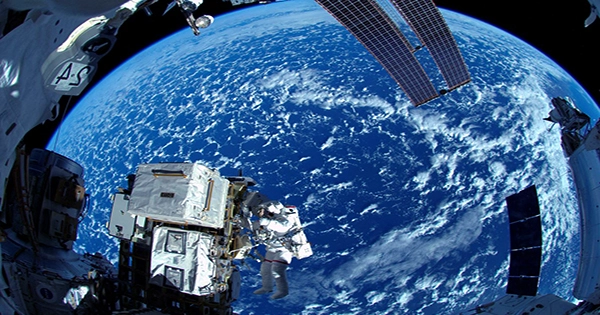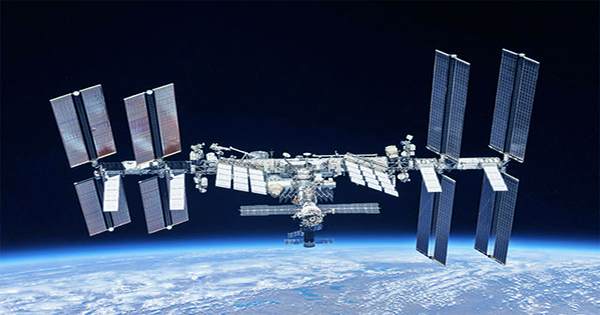NASA and the European Space Agency (ESA) have both said that the International Space Station (ISS) would remain operational at least until 2030, a six-year extension from its original shutdown date. NASA has also acquired White House political backing to ensure that the funds are available to make this happen. Two of the station is other partners; Japan and Canada’s space agencies are also likely to join, while Russia is considering leaving in 2025.
Because the United States funds the majority of the ISS, NASA’s approval is likely to secure its survival, regardless of the station’s name. In a year that has been widely recognized as one of the worst, NASA seems eager to give some holiday cheer. The ISS extension was announced on New Year’s Eve, following the successful launch of the most powerful space telescope yet on Christmas Day.
In a statement, NASA Administrator Bill Nelson stated, “The International Space Station is a symbol of peaceful international scientific collaboration that has returned immense scientific, educational, and technical achievements to benefit mankind for more than 20 years.” “I’m relieved that the Biden-Harris administration has pledged to keep the station open until 2030.” The next day, ESA head Josef Aschbacher expressed his agency’s support.

Over 3,000 scientific projects have been carried out aboard the ISS in the 23 years since it began operations, according to NASA. Although the more unusual ones, such as a $23 million toilet, space biscuits, and space tacos, garner the most attention, the ISS’s job is critical if long-term space missions are too accomplished.
Future expeditions to Mars will look to the ISS for guidance on how to produce fresh food on the way or how to keep passengers’ bones from collapsing after too much time in microgravity. More immediately, Nelson mentioned the anticipated return to the Moon by the Artemis mission is another initiative that will benefit from ISS work.
Meanwhile, those on the ground benefit from the eye above the sky’s observations of ecosystem health and breakthroughs in water recycling. The news comes after Congress enacted the Leading Human Spaceflight Act in 2018, which supports such an extension. However, James Bridenstine, NASA’s former administrator, has expressed a preference for the private sector to take over low-Earth orbit activities. Despite the prolongation, NASA is already planning, having awarded contracts to develop future space stations a month ago.
















